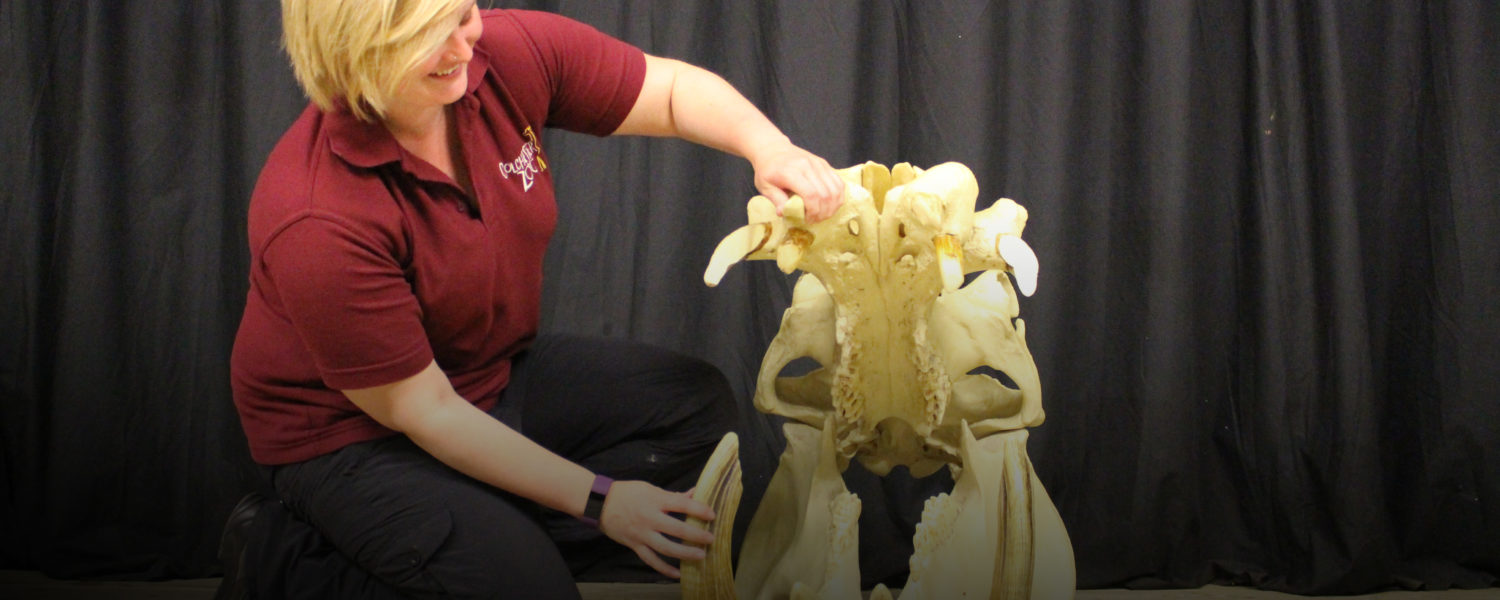Animal Care HE Education
To discuss what we can offer your HE students, check availability, or book your visit, please contact our Education Department at education@colchesterzoo.org.
If you have FE animal care students, please see our FE Animal Care Module Page for details of learning we can provide your students.
Our education department can provide bespoke learning opportunities for students studying animal care at an HE level. These customised sessions involved classroom learning surrounding theory and animal care concepts followed by a tour of the zoo to areas not normally available for the public to view, including meeting animal keepers.
These learning opportunities can be tailored to suit the needs of your course or students, and could be linked to specific animal care concepts, focused on practicalities of operations in a zoo, or about specific animals.
Examples of HE level educational sessions we have provided include: management of African elephants in protected contact; functionality and practicalities of filtration systems in a salt water sea lion pool; and large carnivore enclosure operations including opportunities for enrichment and training.
Costs:
In order to accommodate these behind-the-scenes experience, there is an associated cost. The cost is £13.50 per post 16 student. This fee includes entry to the zoo and the educational session including the behind-the-scenes experience.
Free teacher supervisory places are provided at a ratio of 1 free Teacher per 10 students. Additional Staff (beyond your free adult ratio) will be charged at £13.50 per additional staff. Adult carers are admitted free of charge at a 1:1 ratio for any students with physical or emotional disabilities, are the subjects of SEND statements or EHCPs, or can provide other evidence of specific needs.
There is no minimum number of students required to book the sessions, but regardless of the number of students attending, there is a minimum charge of £100 to book a session.
Risk Assessments:
Please ensure all adult leaders and students are familiar with the Animal Care risk assessment guidelines: Animal Care Risk Assessment Guidelines

